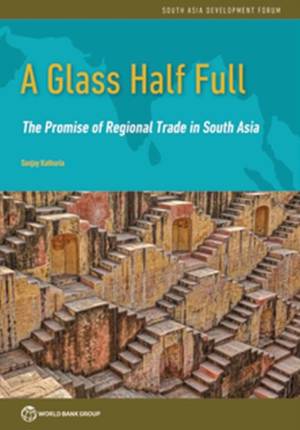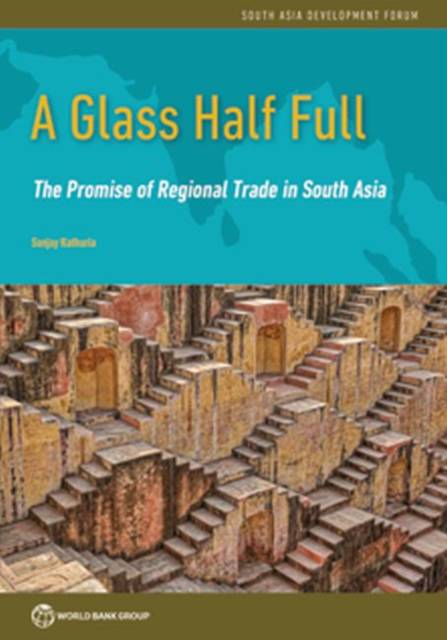
- Afhalen na 1 uur in een winkel met voorraad
- Gratis thuislevering in België vanaf € 30
- Ruim aanbod met 7 miljoen producten
- Afhalen na 1 uur in een winkel met voorraad
- Gratis thuislevering in België vanaf € 30
- Ruim aanbod met 7 miljoen producten
Zoeken
€ 64,45
+ 128 punten
Omschrijving
Trade has played a critical role in global poverty reduction. In harnessing the potential of trade, some of the most successful countries have developed strong trade relationships with their neighbors. However, many South Asian countries have trade regimes that often offset the positive impact of geography and proximity. This report documents systematically the gaps between current and potential trade in South Asia and addresses important specific barriers that have held trade back. These barriers include tariffs and paratariffs, real and perceived nontariff barriers, connectivity costs, and the broader trust deficit. This policy-focused report unpacks these critical barriers to effective trade integration in South Asia through four in-depth studies that produce new, detailed, on-the-ground knowledge. Three of the studies are based on extensive stakeholder consultations. Two studies also rely on tailored surveys. The fourth study, on tariffs, benefits from new data on paratariffs. The report also marshals new evidence showing how trading regimes in South Asia discriminate against each other. Given the South Asian context, incremental, yet concrete steps aimed at tapping the potential of deeper integration are appropriate. The report has been drafted in this spirit. It offers precise, actionable policy recommendations that could help achieve measurable progress in key areas of trade and integration that would be to the advantage of all countries in the region.
Specificaties
Betrokkenen
- Auteur(s):
- Uitgeverij:
Inhoud
- Aantal bladzijden:
- 250
- Taal:
- Engels
- Reeks:
Eigenschappen
- Productcode (EAN):
- 9781464812941
- Verschijningsdatum:
- 19/09/2018
- Uitvoering:
- Paperback
- Formaat:
- Trade paperback (VS)
- Afmetingen:
- 178 mm x 251 mm
- Gewicht:
- 544 g

Alleen bij Standaard Boekhandel
+ 128 punten op je klantenkaart van Standaard Boekhandel
Beoordelingen
We publiceren alleen reviews die voldoen aan de voorwaarden voor reviews. Bekijk onze voorwaarden voor reviews.








